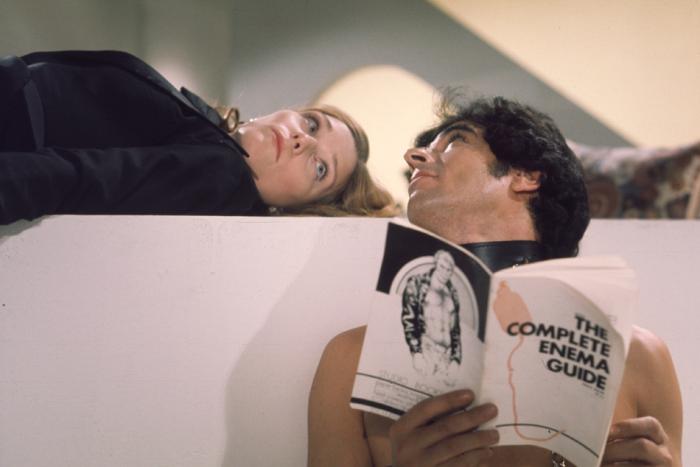Perhaps I’m no better than Will Ferrell, because for the past few weeks it seems the first part of this column has been given over to Rob Ford. It’s not because I’m promoting anything, or because I want those page views. (Confession: I just barely understand SEO.) It’s because, like so many living here in Toronto, I am obsessed. Former mayor John Sewell made some great points in the Toronto Star the other day about democracy being a system that requires more than earning or casting that initial vote: “Rob Ford performed well on the election part of democracy, but in the last six months he has failed miserably at living up to the obligatory performance characteristics imposed by a democratic system. And he shows no sign of recognizing his shortcomings.” But, y’know, haha.
I’ve been trying to impose some limits, free up some juice for other matters. It’s harder than I thought it would be. I’ve seen a lot of tweets and comments about the addictive nature of news about the mayor, but like many of the problems he poses, there’s not much in the way of knowledge about what to do.
See also: one (female) editor looks at the VIDA count, looks at the book market, looks at a season of outrage. While talking about money is somewhat unseemly (fist bump to Scratch magazine here, for trying to turn this all on its head) in the literary arts, it’s an important element of the discussion that VIDA doesn’t really address. So if you heard a resonantyes! booming through your head this morning, it was probably me stumbling on these sentences in Miriam Markowitz’s fascinating piece for The Nation: “There are two separate economies in book publishing: the material economy, and the economy of prestige. VIDA’s mission statement tellingly does not mention anything about the actual selling of books. And while publishing has two economies, the work of writers is traded in three currencies: money, meaning book sales and author advances; status, meaning reviews, awards, fellowships and general cachet, which are not strictly quantifiable but pay dividends nonetheless; and a third, which I can only describe as the actual life of a book, which is its movement through the world after it is published.”
Photojournalism vs Google Maps/The Chicago Tribune vs The New Inquiry.
How many memories of yours do you suppose are fake? I was talking about a project I’m working on with a friend, and I mentioned I was watching footage from a Mountain Goats concert I went to at Lee’s Palace years ago. Because I love her so much, perhaps, or because I associate listening to the band with her, I thought she’d been there. The memory of walking to the bar with her, of looking at her face during the songs we’d sung to each other, all of it was so vivid—I could call it back like a dog. Then she told me I must’ve gone with someone else, because she for sure missed that show. And she’s probably right. Memory is, of course, famously fallible, a thing doubled over and twisted by experience, eroded by time. And according to The Atlantic, it’s not much better for super memory havers, the people whose ken for detail is much better than average. As it turns out, emotional responses—or being told about something similar but slightly inaccurate in detail—will supplant and alter the memories of even those with so-called “photographic” faculties. Which makes me wonder: if I keep remembering my friend was there, and if we watch the footage together, will she eventually remember having been there, too? Can we share the memory of the event, even if we didn’t literally share the experience of it? Is this all getting a little too much like a weird, platonic, budget version of Vanilla Sky? Maybe.
Speaking of kind of meta stuff, let me direct you to Navneet Alang’s post at Snarkmarket, about the Google Books ruling and the double code of text in the age of the snippet view.
Speak, Internet! runs Mondays and Thursdays.






